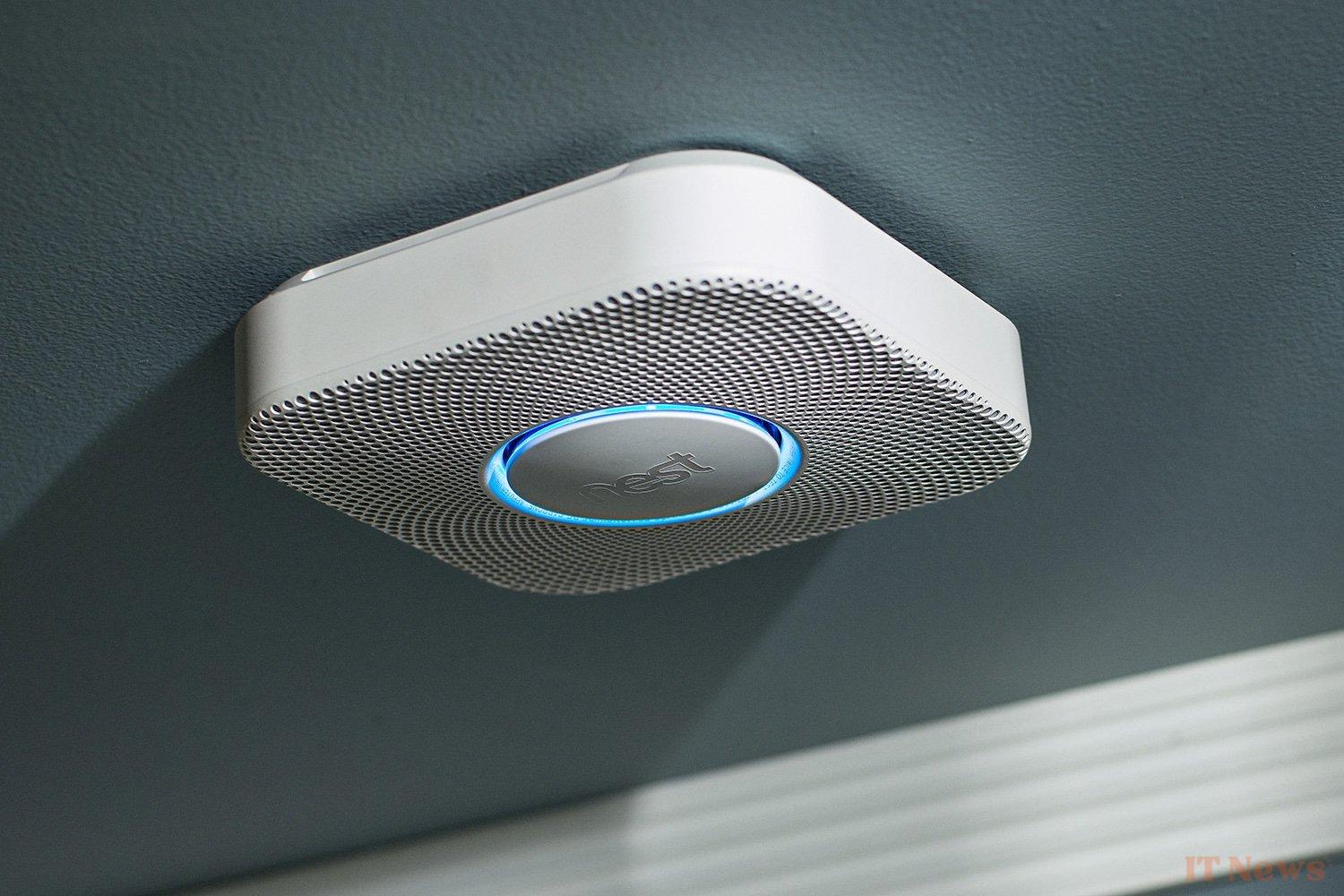Google continues to sort through its connected home products. This time, two well-known devices are leaving the catalog: the Nest Protect smoke detector and the Nest x Yale smart lock.
Nest Protect and Nest x Yale are bowing out
The first, launched in 2013, was one of Nest's most popular products. It combined smoke and carbon monoxide detection, voice alerts, and notifications via the Google Home app. But its production is ending, just as many models are reaching the end of their lifespan (they last ten years). Result: if you were planning to buy one to replace yours, you shouldn't delay.
The same fate befell the Nest x Yale lock, released in 2018. Once stocks are gone, it will no longer be available for sale. To control it remotely, you already had to use an additional accessory (the Nest Connect), which wasn't very practical.
Google isn't leaving its users completely in the dark: alternatives are available. To replace the Nest Protect, the company recommends the First Alert detector, which offers similar features and remains compatible with Google Home. The same goes for the lock, a new version of which, designed by Yale and compatible with the Matter standard, is expected this summer. But these products are reserved for the North American market... and, above all, they will no longer bear the Nest name.
This gradual withdrawal is not a surprise. For some time now, Google seems to have lost interest in home automation hardware. Aside from a new thermostat launched last year (and not sold in France), there is nothing new to report in terms of doorbells, cameras, or connected speakers. The Chromecast has been replaced by a more expensive TV box. In short, the era when Google wanted to establish itself as a central player in the smart home seems to be over.
Officially, the firm says it continues to invest in the sector. But instead of designing its own products, it now relies on partners like First Alert, Yale, and ADT. A strategy that limits costs and risks, but which raises questions about the sustainability of the devices still in circulation.
Because precedents are not reassuring. In 2023, Google abruptly stopped services linked to Dropcam cameras and the Nest Secure security system. The result: products that have become unusable, even if they were still in good condition.
Today, Nest devices still on sale still work. But for how long? Google hasn't made any long-term promises, and consumers are starting to get suspicious. Buying a home automation system is fine—but only if you know if the device will still be useful in five years. And on this point, Google remains rather vague.



0 Comments